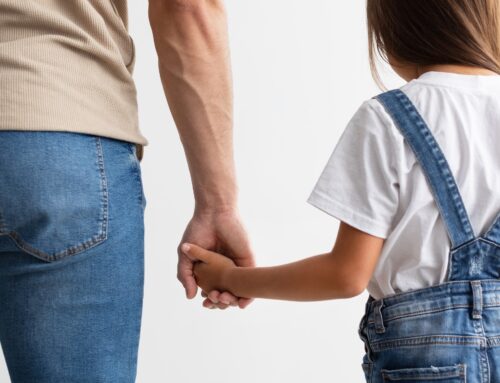Children who spend time with both parents after a divorce may be better off than those who only live with mom or dad, according to research from the American Psychological Association.
The study suggests that joint parenting agreements can help children adjust in the aftermath of a divorce. Dr. Robert Bauserman of the Baltimore Department of Health and Mental Hygiene conducted an analytical review of 33 studies that examined nearly 3,000 children who were either in a sole-custody or joint-custody situation. He later compared the children to a control group of kids from intact families.
After looking at the data, Bauserman concluded that children in joint-custody arrangements had:
- Fewer behavioral and emotional problems;
- Higher self-esteem; and
- Better family relationships and school performance than those in sole-custody situations.
Bauserman also noted that here was no significant difference in adjustment among children in shared custody and those living in intact family situations. He believes that contact with both parents is key to a child’s adjustment throughout the stages of adolescence, and it can lead to less conflict.
“It was the sole-custody parents who reported higher levels of current conflict,” said Bauserman.
He concluded by saying that joint parenting agreements aren’t always the best option, especially if there is abuse or neglect, and cases need to be evaluated on a case-by-case basis.
Family Law Attorney Katie Lammers comments
Dr. Bauserman’s findings are interesting, but his concluding message should be the take home point. Every case needs to be examined on a case-by-case basis to determine what is best for the child.
In Minnesota there are additional factors the court must consider if a parent is seeking joint custody including how parents can work together to resolve disputes and the ability of the parents to cooperate in raising the children. It may be that children in joint-custody arrangements are better off not only because they have regular contact with both parents but that the parents have developed a plan to effectively co-parent together.
When both parents are available, have good mental health and live in fairly close proximity to each other, joint custody can make a lot of sense for a lot of families. Working with professionals such as parenting consultants, parenting coaches or taking parenting classes can give parents some assistance and perspective on the challenge of parenting in separate households.
One thing we see quite often is the dynamic change when one or both of the parents remarries or enters into a relationship with a new significant other. A shift in the dynamics can throw off the previous co-parenting relationship and it is helpful to have access to outside help to assist through the rocky times.
Related source: APA.org




